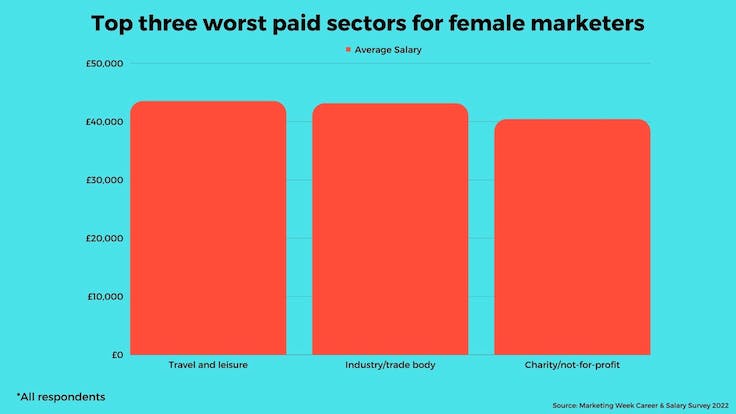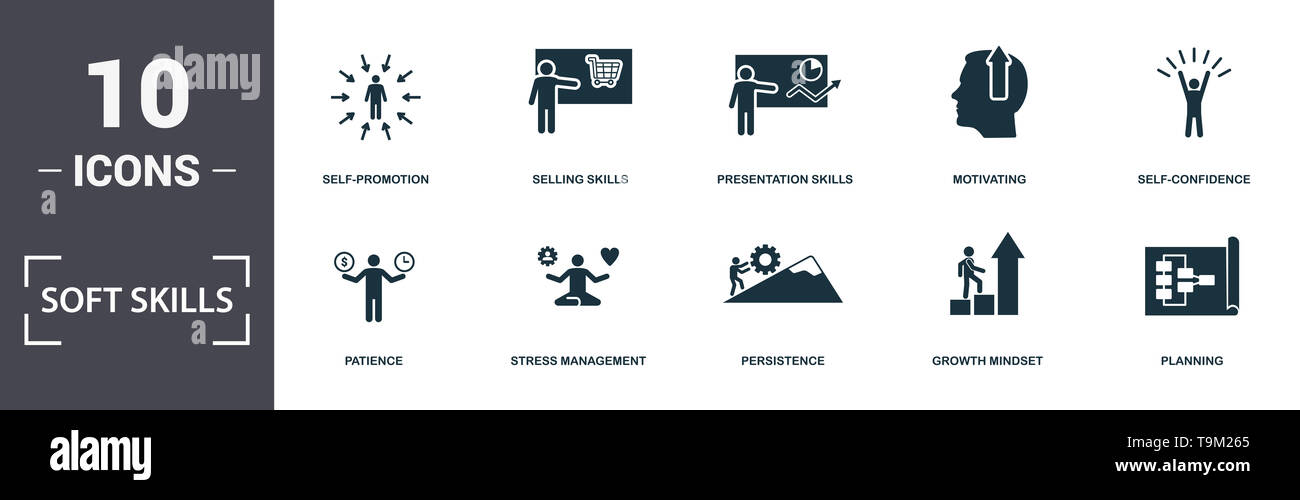
Planning your career involves thinking about where you want to go in the future. This can include solving organizational problems or expanding your skills. It is important that you keep track of your career achievements, set realistic long and short-term goals, and determine the best ways to achieve them. These tips will help you start your career planning.
Goal setting
Setting goals is a key step towards improving your career prospects and personal growth. These goals can include increasing your earning potential or promoting you, as well as education and creativity. It is crucial to regularly assess your progress towards these goals. Doing so will allow you to have a better sense of the progress that you are making towards your goals and make it easier for you to work toward them.
Beyond identifying your current goals and future career plans, it is important to also think about your future goals. When you are in your early career, it can be hard to create a long-term career plan. For example, it's possible to not have a clear idea of the type of work that interests you or of the career options available to you. Reflecting on long-term goals can help to determine what you want out of work and your career.
Maintaining a record of achievements in work
It is essential to keep track and record your work achievements when planning for your career. By keeping track of your work achievements, potential employers can use them as leverage to help you negotiate a higher salary. For example, you could show that you have won an award or are a member of an organization for your contribution. These documents can be used to support your qualifications. This is a great way to increase your self-esteem.

It can also be used as a reference point during performance appraisals. It can be a great tool for building your online presence. To keep track of major accomplishments in work, you can use a spreadsheet with a brief description and date.
Setting realistic goals for your career in the short-term, as well long-term.
Whether you're a student, a working adult, or someone who's aspiring to a career in a specific field, setting short-term and long-term career goals is essential. Short-term career objectives are easier to achieve and more manageable. Long-term goals require more patience, time and effort.
Long-term career objectives require more planning, commitment and effort because they are more ambitious. They also may take several years to accomplish. For example, earning a degree is a common long-term goal, but it can take years to achieve. In general, most people aim to earn a degree as their first long-term goal.
Identifying ways to reach goals
Planning your career involves identifying the best ways to reach your goals. You can then clarify your long-term as well as short-term goals. If you want to be a public speaker, then you can take public speaking classes to learn how to present on stage. If you would like to be a data analyst you can learn to program in certain languages. Your goals should be specific and clear.
These goals may be related to different areas of your personal life, including family, finances, artistic, or physical goals. Sometimes, goals can be directly related with your career, like a promotion in an organisation. Others could be related to family life or good health in older age.

A senior employee can give guidance
Senior employees can offer valuable guidance that can help you develop your skills and open up new possibilities. Review your current job description and decide what career path you wish to pursue. Once you have a good idea of your goals, create a plan for your manager and present it. Talking openly with your manager is key to ensuring that both of you know the best for each other.
The upfront investment required by an employer to career path is worthwhile in terms engagement. A LinkedIn Learning report found that 94% of employees would consider staying with their employer if they invested in their career. This is because employees that aren't certain about their career paths are more likely be frustrated at their job and to search for alternatives.